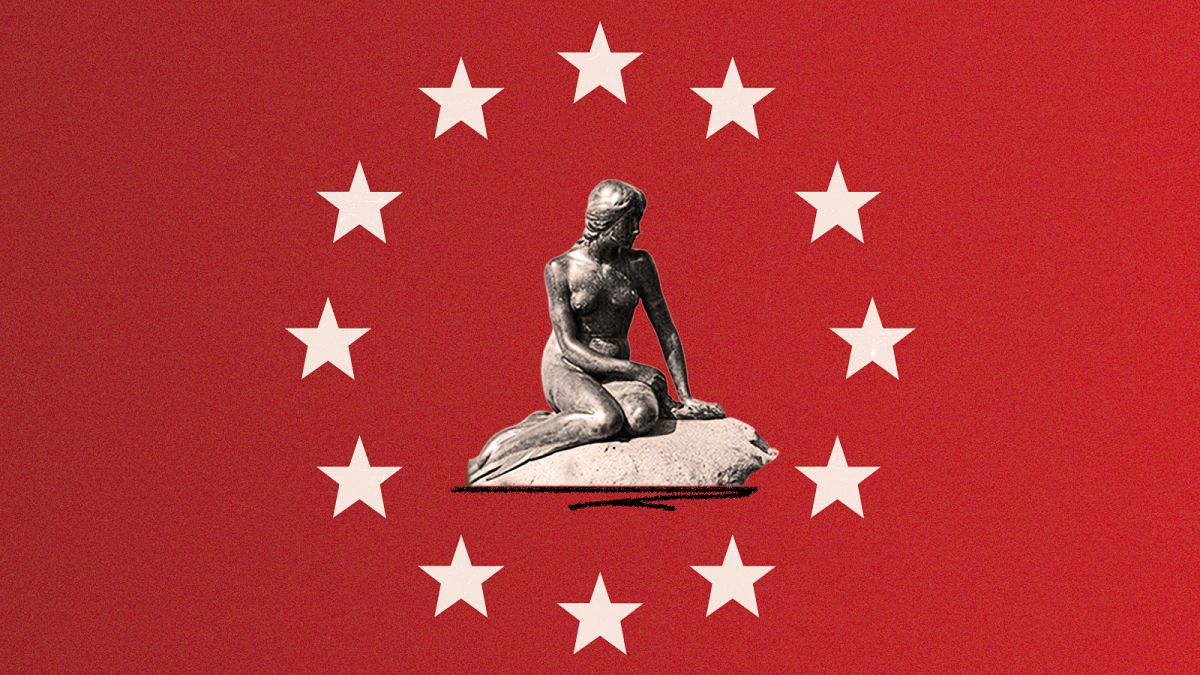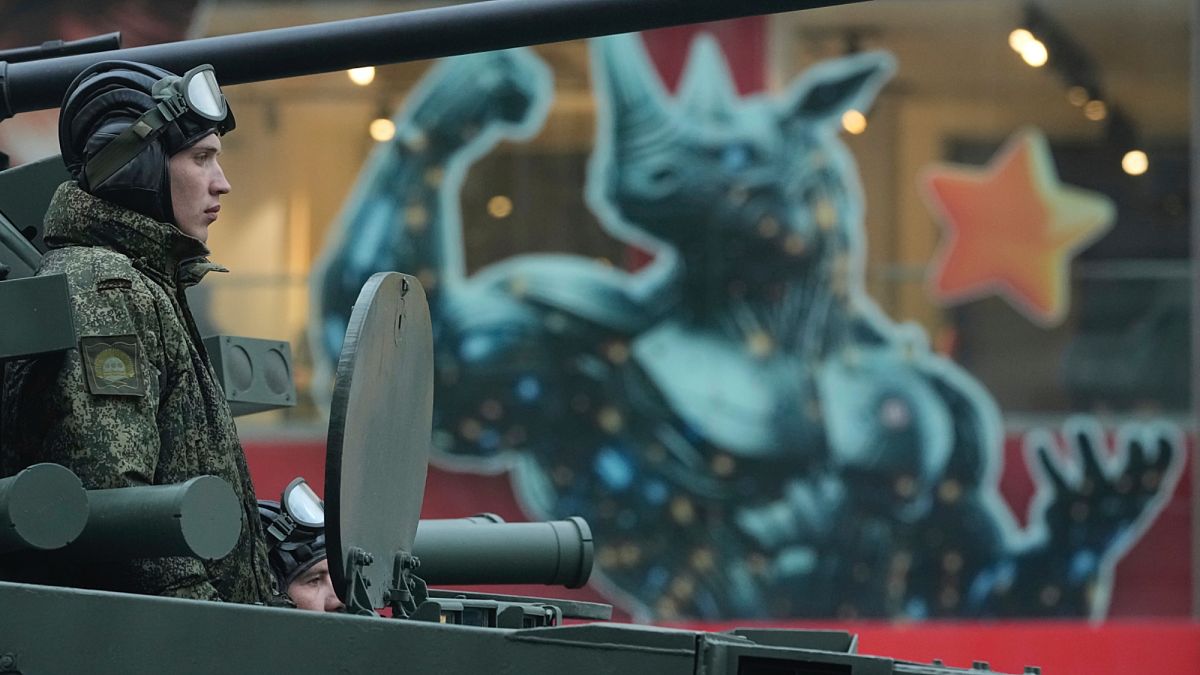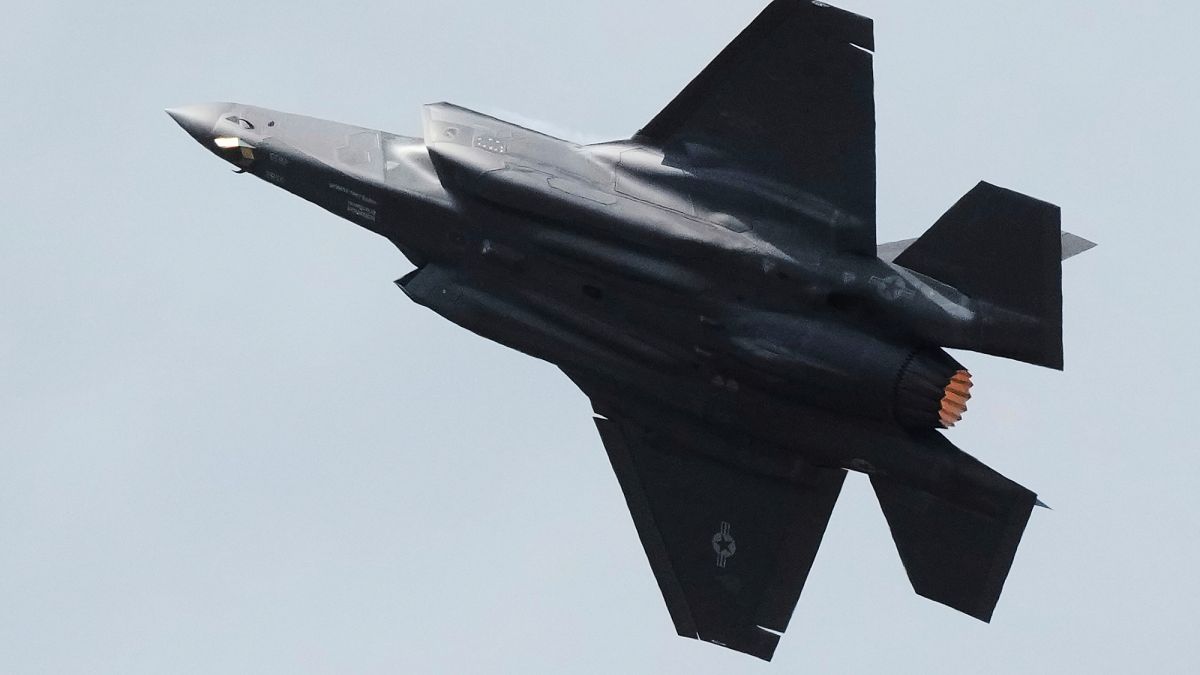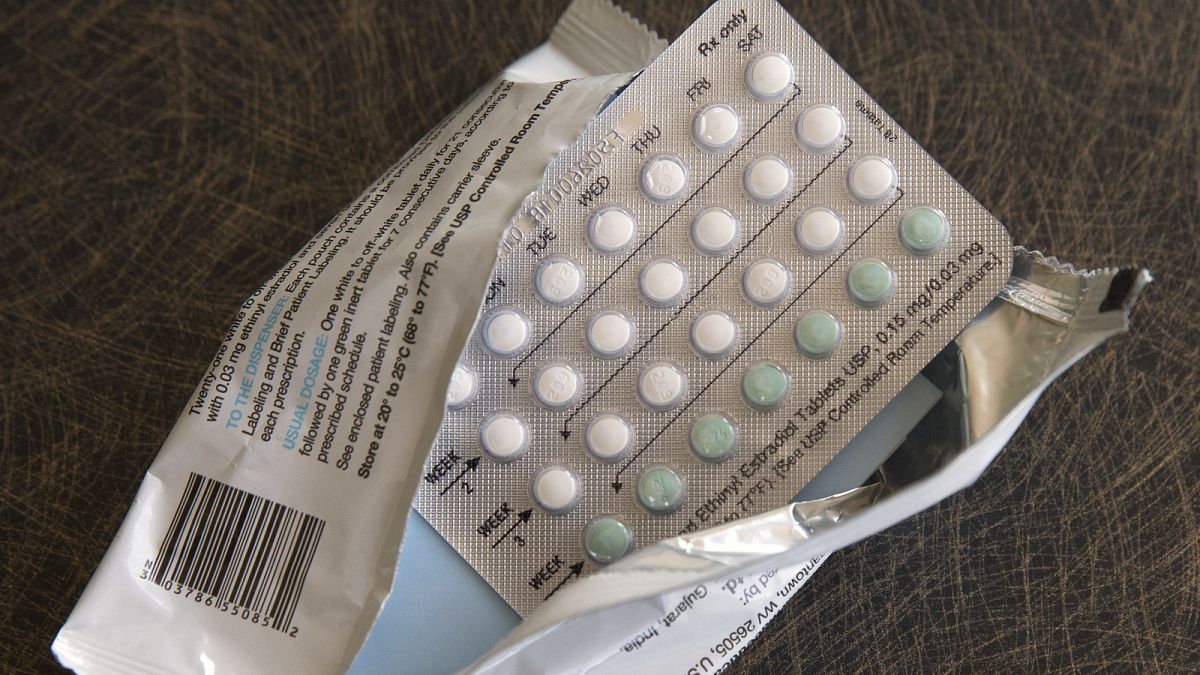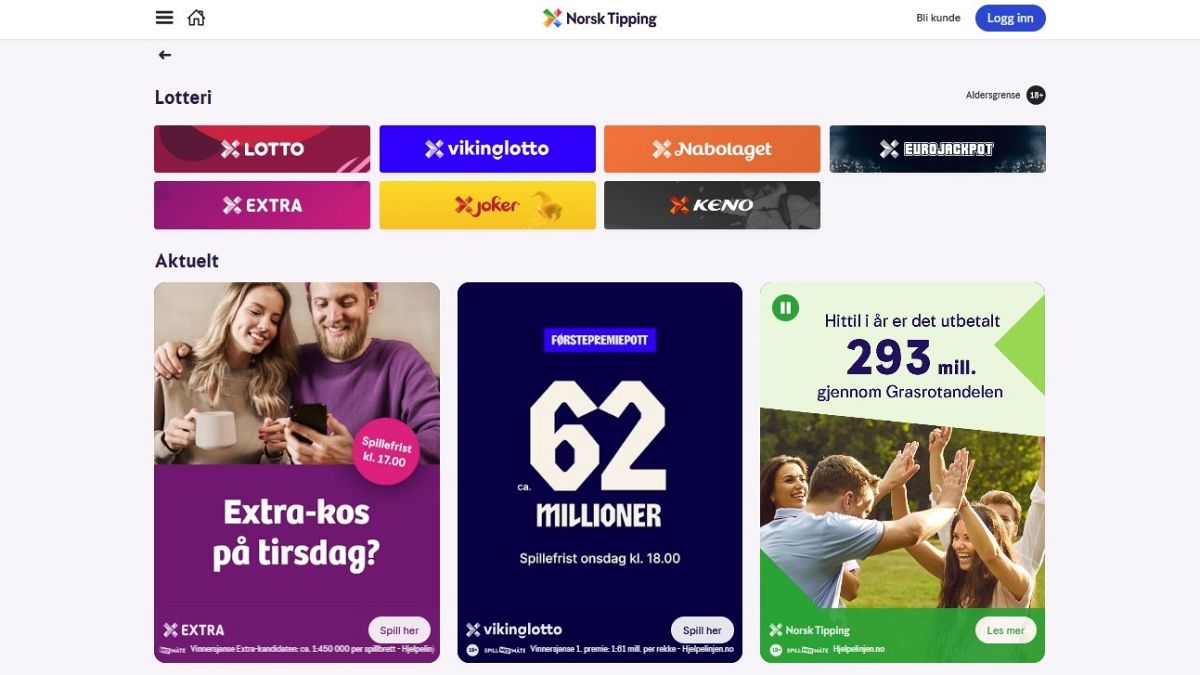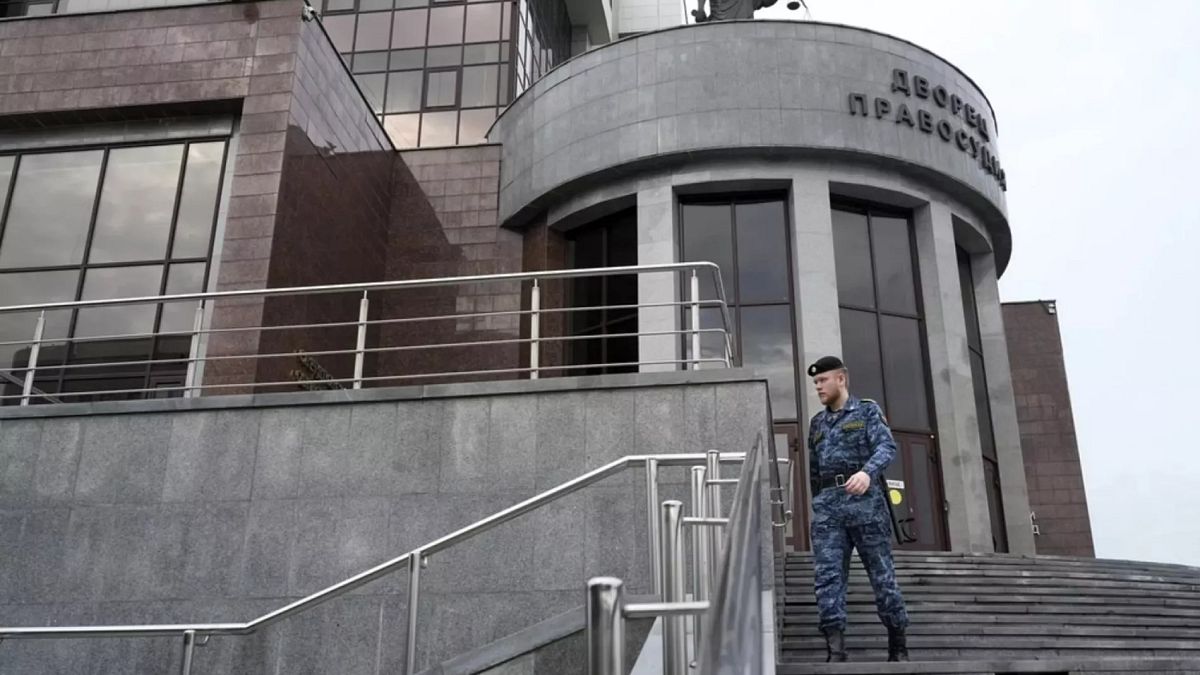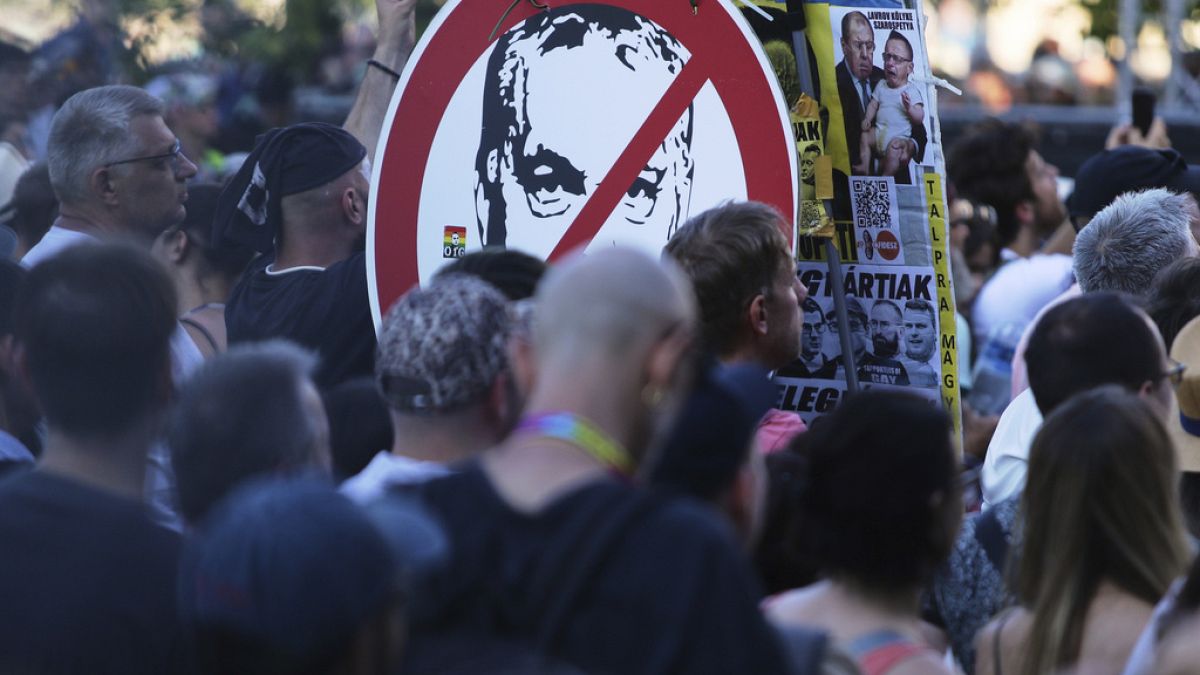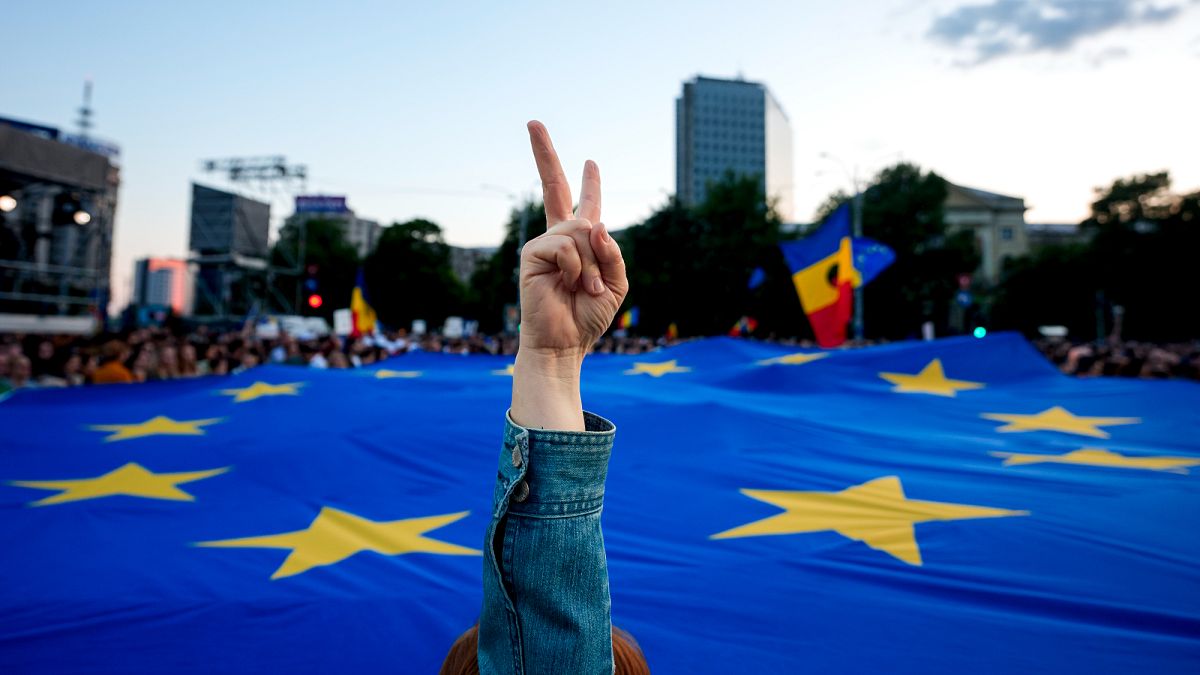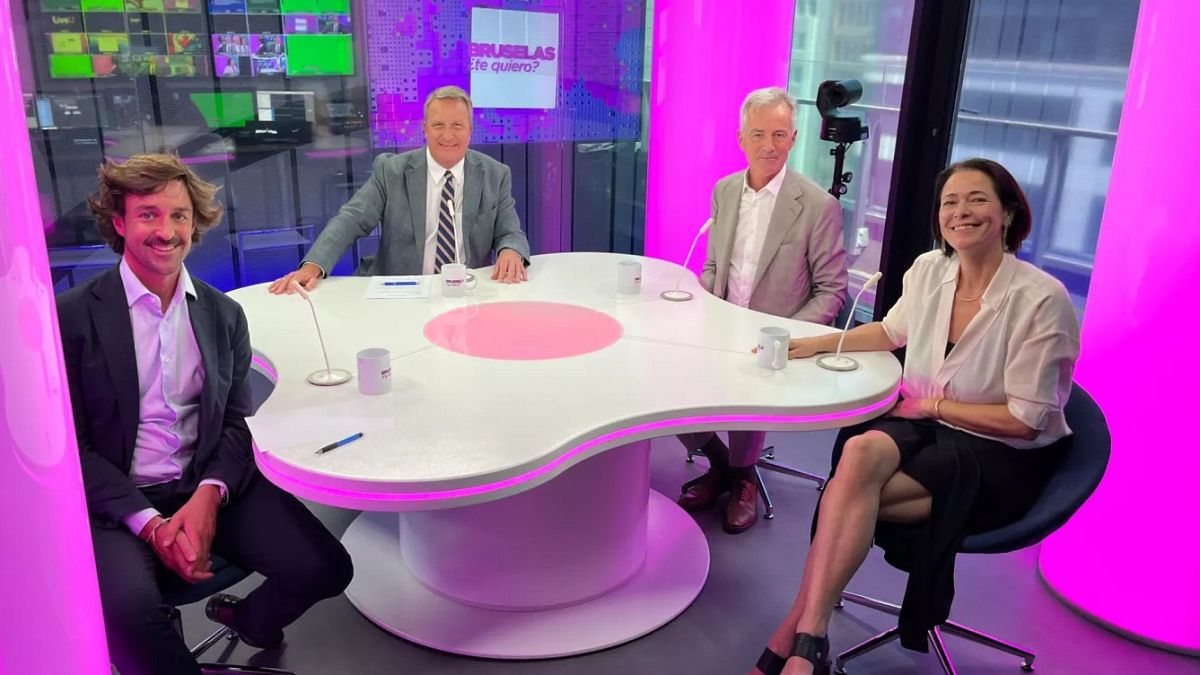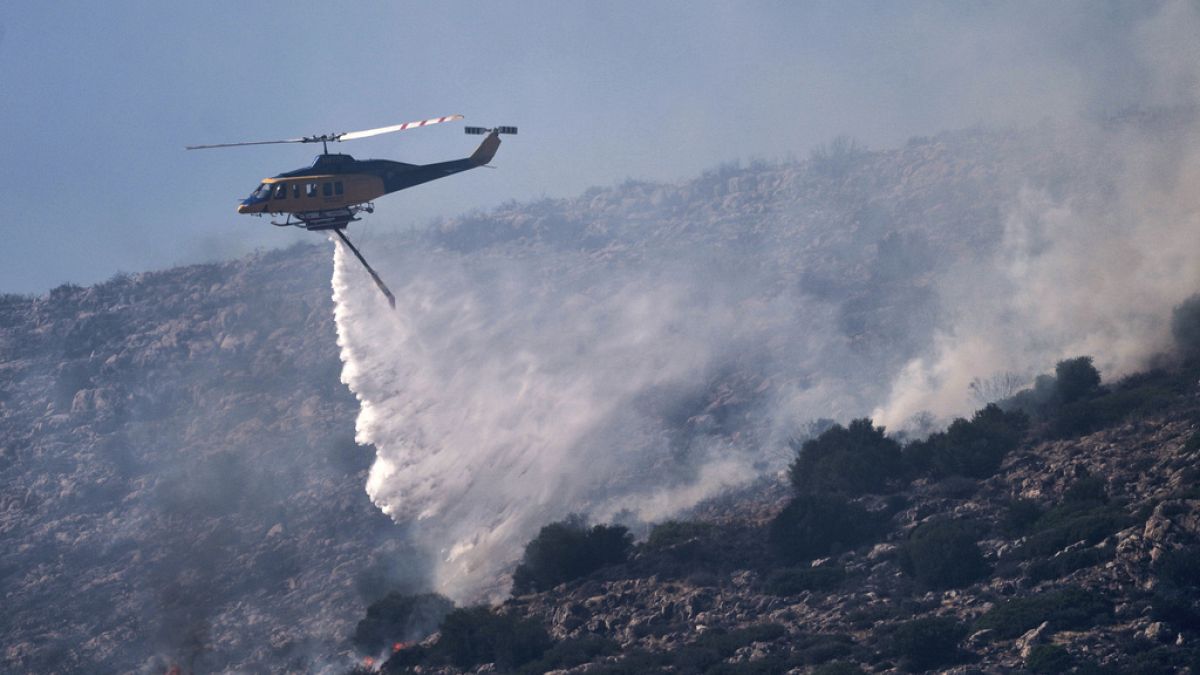Ukraine cannot guarantee the safety of foreign officials planning to attend Russia’s Victory Day parade in Moscow on Friday, Volodymyr Zelenskyy said.
“Our position is very simple for all countries travelling to Russia on 9 May: we cannot be held responsible for what happens on the territory of the Russian Federation,” the Ukrainian president said on Saturday.
“They are responsible for your safety. We will not provide any guarantees, because we do not know what Russia might do on those dates.”
This statement sparked further diplomatic tensions with Slovakia. whose Moscow-friendly Prime Minister Robert Fico criticised Zelenskyy’s warning.
“I reject such threats for security reasons,” Fico said on Monday. “I fully respect that the safety of participants is an internal matter of the Russian Federation. But if Mr Zelenskyy believes that his statements will force foreign delegations not to come, then he is deeply mistaken.”
It is unclear if Fico will be attending the parade. After the Slovak prime minister cancelled a few public appearances, including the official Labour Day events, there have been speculations that he might also not appear in Moscow.
Serbian President Aleksandar Vučić, who had also planned to visit Moscow alongside Fico, fell ill during a visit to the United States last week, cutting his trip short and returning to Belgrade, where he was briefly hospitalised.
Fico and Vučić were the only European leaders to announce their participation in the Russian Victory Day parade, a decision which drew sharp criticism from the European Union. In Vučić’s case, Brussels issued a stark warning, indicating that the visit would violate EU membership criteria and potentially hurt Serbia’s accession process to the 27-member bloc.
European politicians might be absent, but Moscow’s most valuable ally and arguably the most important guest will be attending.
Chinese president Xi Jinping will make an official visit to Russia from 7 to 10 May to participate in celebrations of the 80th anniversary of the defeat of Nazi Germany, the Kremlin said on Sunday.
How safe will the parade be?
Last week, Russian President Vladimir Putin proposed a three-day ceasefire with Ukraine between 7 and 9 May around the Victory Day celebration. The idea was categorically dismissed by Kyiv, with Zelenskyy calling it a “theatrical performance” designed to ease Russia’s international isolation and create a favourable atmosphere for the Victory Day celebrations in Moscow.
Zelenskyy reportedly said the proposal was not a serious attempt to end the war and reiterated Ukraine’s support for a US-backed initiative calling for an unconditional 30-day ceasefire.
Ukraine’s president warned that Moscow’s history of violating short-term truces undermines any trust in its latest offer.
“They kill until (May) 7th, pause for a couple of comfortable days, then start attacking again on the 11th,” he said.
On Monday, days before the parade, as the rehearsals were taking place in the Russian capital, authorities said four drones were intercepted overnight as they approached the city.
According to preliminary reports, there were no injuries or damage from the falling debris, Mayor Sergei Sobyanin said on the Telegram messaging app.
This wasn’t the first time Ukrainian drones reached Moscow. In mid-March, the city authorities reported the biggest drone attack with over 70 drones shot down according to the Russian air defence and Moscow authorities.
According to Zelenskyy, Ukrainian drones can now fly way beyond that and reach a range of 3,000 km.
Kyiv has been using long-range drones to strike deep into Russian territory, targeting military infrastructure like airfields, oil refineries, depots and logistic hubs.
Russia has already cancelled the Victory parade in the occupied Crimean port city of Sevastopol. The Moscow-installed occupation governor of Sevastopol said the parade will not take place due to safety risks.
The announcement comes following a reported Ukrainian sea drone strike which destroyed a Russian Su-30 fighter jet near the port of Novorossiysk last Friday.
Ukraine’s military intelligence described it as “an unprecedented operation,” marking the first time a sea drone downed a jet aircraft.
It is the third time in a row that the parade has been cancelled in Sevastopol. The occupied port city last held it in 2022, shortly after the beginning of Russia’s full-scale invasion of Ukraine.
Why is Victory Day such a big deal for Putin?
For Moscow, 9 May is more than a victory fete. Under Putin, it has become one of the most important public holidays and a grand demonstration of Russia’s military power.
It has become even more symbolic since the beginning of Russia’s full-scale invasion of Ukraine in early 2022, as the Kremlin has been using the imagery and narratives of World War II to describe and back its all-out invasion.
In its war against Ukraine, Russia has rehashed a slew of slogans and symbols identical to the ones the Soviet Union used in WWII, such as “We can do it again” or “We can repeat it,” as seen widely used by Russian soldiers in Ukraine.
Similarly, the orange-black St George’s ribbon, which used to symbolise the WWII victory, has now become one of the most recognisable emblems of Russia’s full-scale invasion of Ukraine and is worn by the supporters of Moscow’s attack on the neighbouring country.
Moscow has deliberately linked the two narratives through language as well, using elaborate language to create a substitute term implying grandeur: for example, calling its full-scale invasion of Ukraine “a special military operation” in the same way as World War II is called “the Great Patriotic War” in Russia.
Putin himself has repeatedly claimed that “the Soviet people were fighting alone” in WWII, disregarding the contribution of the allies.
When launching the full-scale invasion of Ukraine, he stated its primary goals were the “denazification” of the country and the “fight against fascism” — claims that Putin has never backed up with evidence to this day.
The popularisation of this rhetoric and Putin’s glorification of Victory Day have their own term in Russian: “pobedobesie,” a derogatory word meaning grotesque hyperbolic celebrations, or victorymania.
Ukraine has distanced itself from Soviet-era commemorations and dates. Zelenskyy signed a law in 2023 moving Ukraine’s World War II remembrance to 8 May, which is in line with most of Europe.

